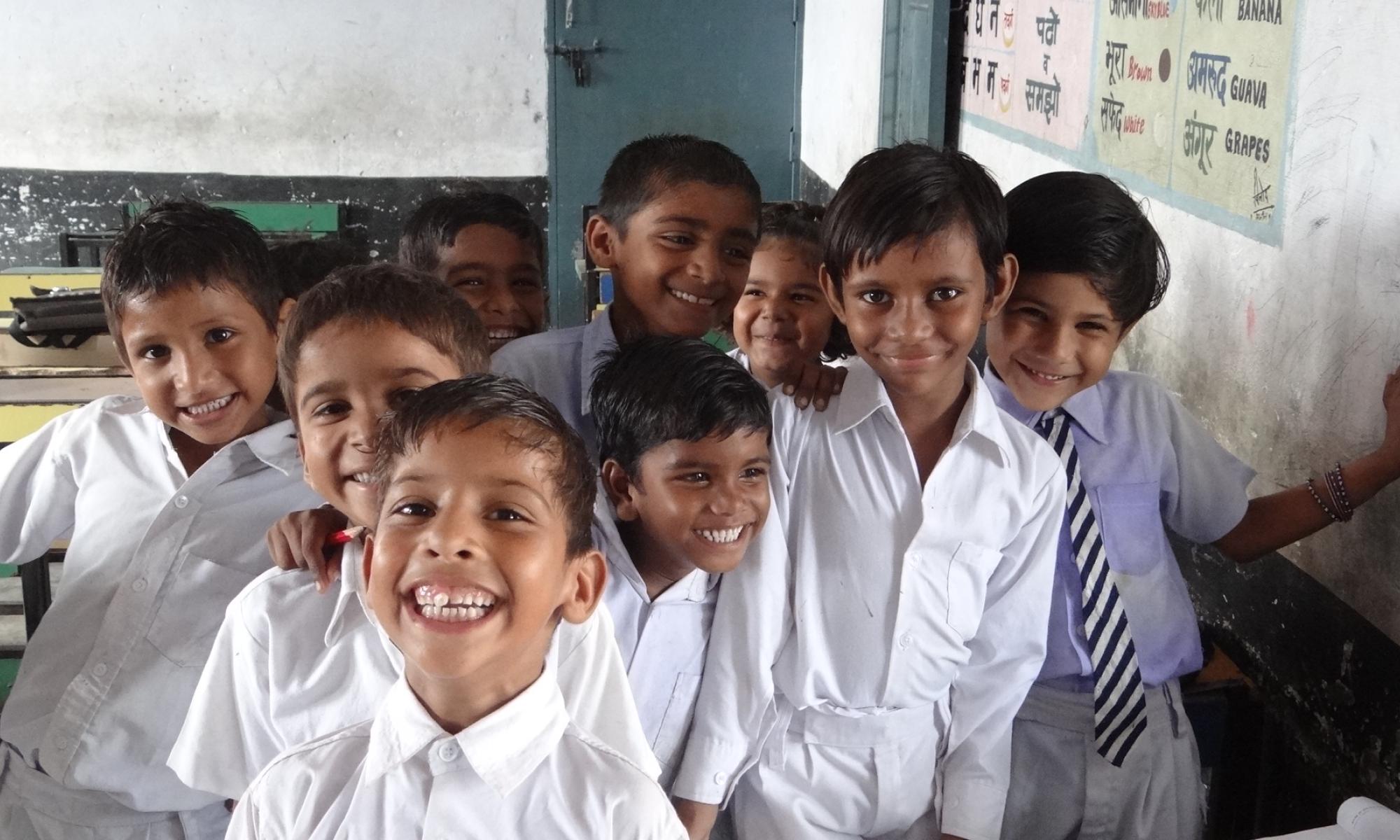
EVERY CHILD COUNTS (MATH GAMES)
Using intuitive games to improve performance of primary level math among preschoolers and grade 1 students
Evidence shows that young children have capacity to engage with quantities and shapes from birth – an ability that can be nurtured during early childhood to enhance formal math skills during preschool and grade 1. Math Games kits with materials for students and teachers are useful in integrating such games into the formal curriculum, with learning gains persisting even one year after the introduction of games. Based on three studies conducted in Delhi, the Math Games curriculum is being scaled-up through a direct partnership with the Government of Andhra Pradesh; and through knowledge transfer to education sector NGOs working across three states.

Partners
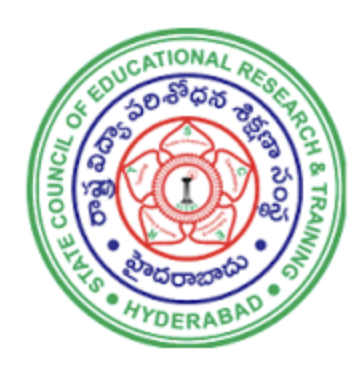 | 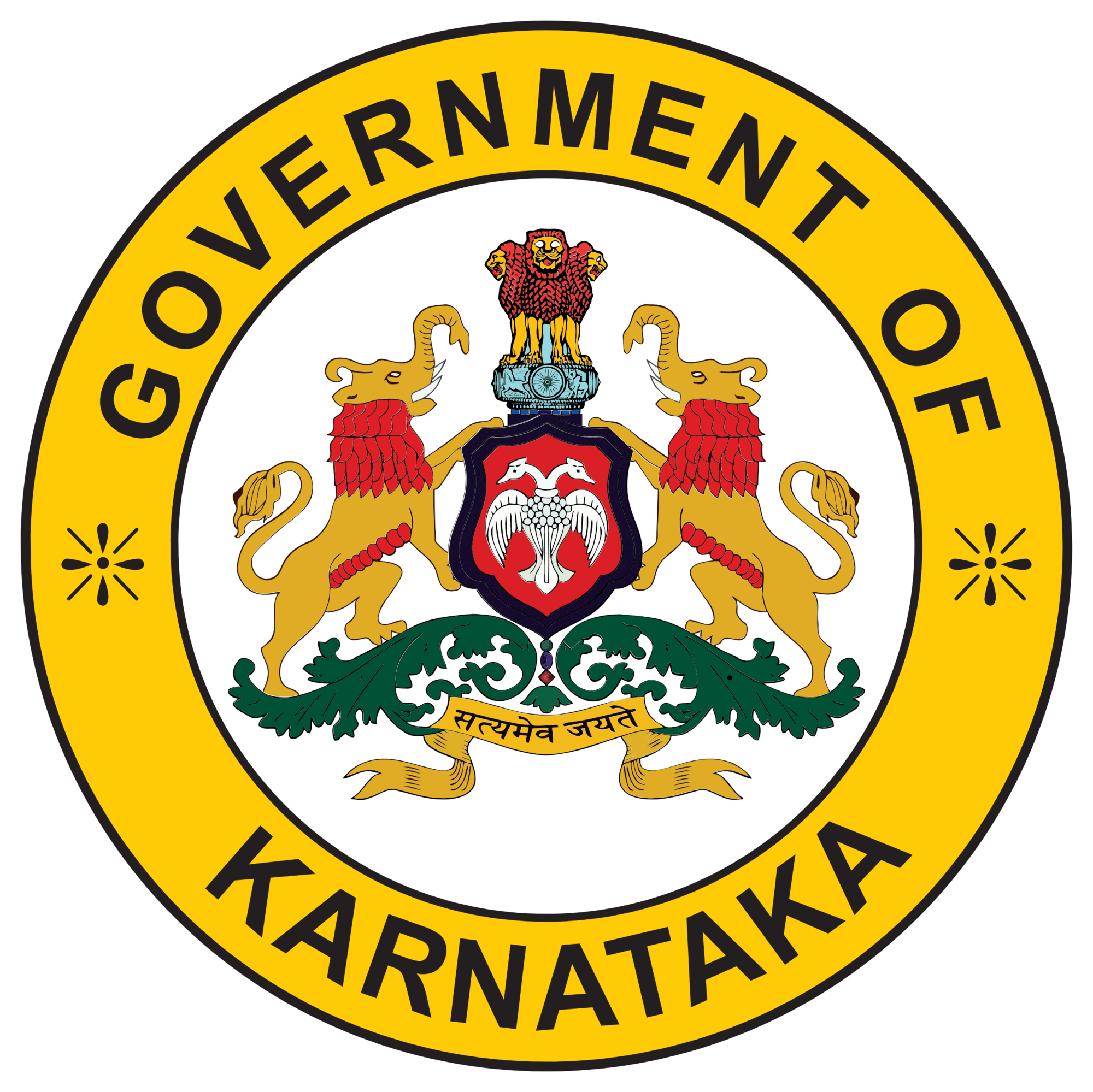 | 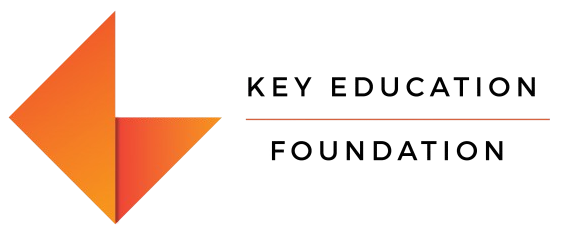 |  |
| State Council of Educational Research and Training, Andhra Pradesh | Government of Karnataka | Key Education Foundation | Pratham Education Foundation |
Early Childhood Education (ECE) is a national priority for India, reflected in the National Education Policy (NEP) 2020. The NEP commits to strong investment in ECE and includes recommendations for play-based, activity-based, and discovery-based learning. ECE plays a crucial role in shaping the cognitive and academic trajectory of students, emphasizing foundational mathematical skills. These skills are necessary for long-term success across different educational phases. Therefore, ECE is an important focus area during formative years, as it enables students to develop necessary math skills at an early stage prior to primary schooling.
To tackle the learning disparity faced by children, J-PAL affiliated researchers investigated the impact of informal math games played during school hours on children's readiness for learning formal math through a series of three evaluations in Delhi between 2013 and 2019. The aim was to enhance intuitive and formal numerical and spatial abilities, aiming to bridge the early learning gap. The first model tested the impact of the math games curriculum in Balwadis (preschools) run by Pratham, the second model tested a modified curriculum which now linked the math games to symbol systems of elementary school mathematics, and the third model tested the impact of the games in more traditional government-run kindergarten and grade 1 classrooms.
Evidence-to-action story
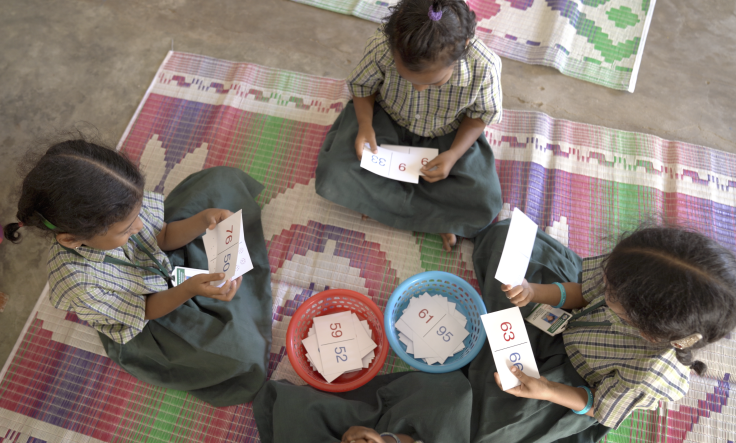
Point of contact

Parikrama Chowdhry
Lead - Policy (Scale Ups), J-PAL South Asia
[email protected]
Parikrama Chowdhry leads multiple scaling interventions that have proven effective through rigorous evaluations. Her work focuses on system-change initiatives across themes of economic inclusion, crime, violence and conflict and education, particularly in South Asia.
